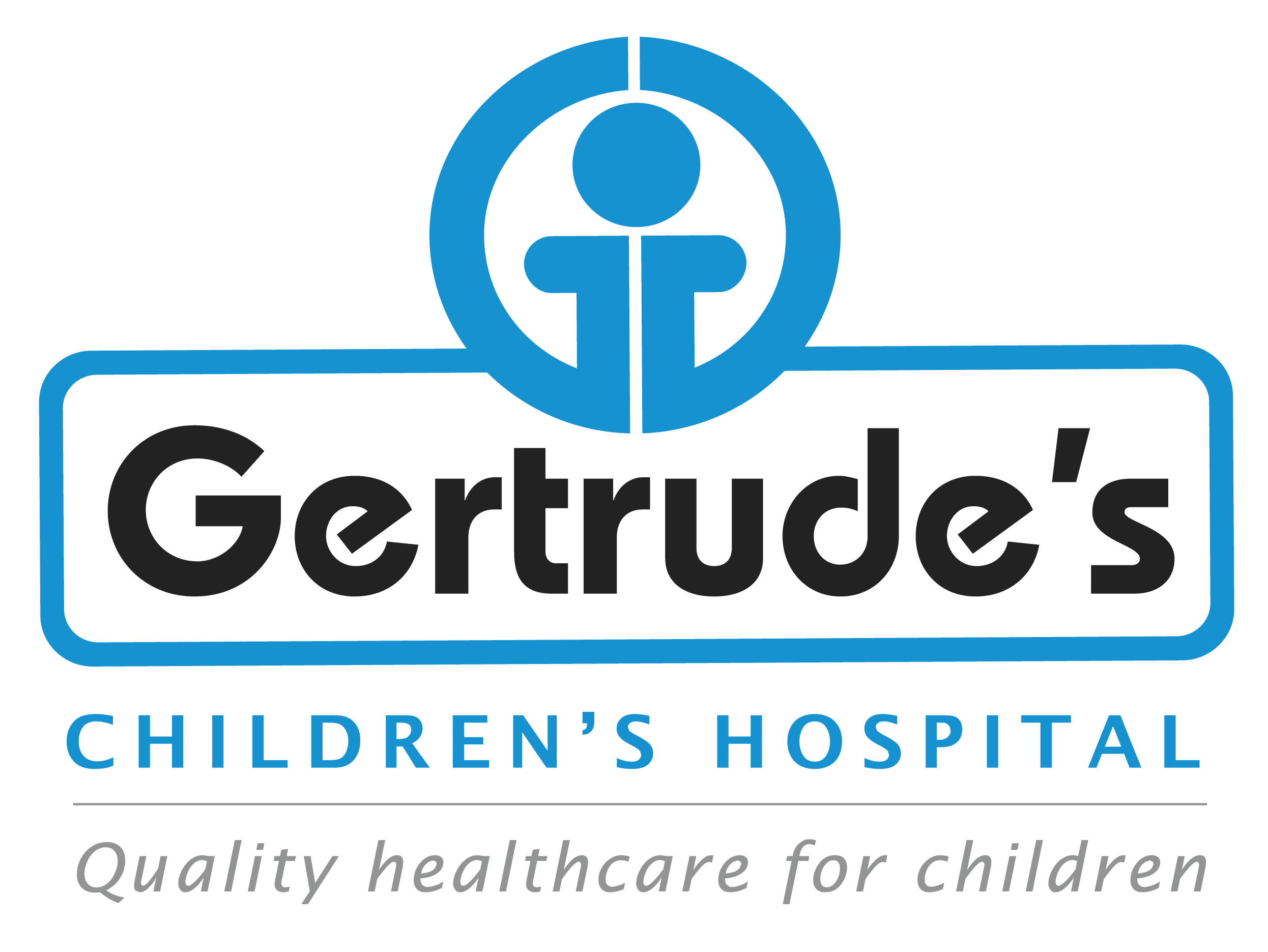Allergic rhinitis, commonly known as hay fever, is an allergic reaction that occurs when a child’s immune system overreacts to allergens in the environment, such as pollen, dust mites, pet dander, or mold. These allergens trigger inflammation in the nasal passages, leading to symptoms like sneezing, runny nose, and itchy eyes. Allergic rhinitis can occur seasonally (often in response to pollen) or year-round (due to indoor allergens). While allergic rhinitis is not life-threatening, it can cause significant discomfort and affect a child’s quality of life, including sleep, school performance, and overall well-being.
Symptoms
- Sneezing: Frequent sneezing, especially in rapid succession.
- Runny or stuffy nose: A clear, watery nasal discharge is common, or the nose may feel blocked due to swelling.
- Itchy nose, throat, or eyes: Persistent itching in the nose, throat, or eyes is a hallmark of allergic rhinitis.
- Watery, red, or swollen eyes: Also known as allergic conjunctivitis, this symptom often accompanies allergic rhinitis.
- Post-nasal drip: Mucus dripping down the back of the throat, causing irritation and coughing.
- Fatigue or irritability: Poor sleep due to nasal congestion can lead to tiredness and irritability during the day.
- Nosebleeds
Causes
- Pollen: From trees, grasses, and weeds, particularly in the spring, summer, and fall.
- Dust mites: Microscopic organisms that live in household dust and thrive in bedding, upholstered furniture, and carpets.
- Pet dander: Tiny flakes of skin shed by cats, dogs, and other furry animals.
- Mold: Fungi that grow in damp indoor areas, such as bathrooms, basements, and kitchens.
- Cockroach allergens: Proteins found in the droppings, saliva, and body parts of cockroaches.
Diagnosis
- Medical history: The doctor will ask about the child’s symptoms, potential triggers, family history of allergies, and environmental exposures.
- Physical examination:
- The doctor will examine the child’s nose, throat, and eyes for signs of inflammation or allergic reactions.
- During the exam, your child’s doctor might also notice:
- Dark circles beneath the eyes
- Creases below the eyes
- Swollen nasal tissues inside the nose
- Allergy testing: To identify specific allergens, the doctor may recommend allergy testing, such as:
- Skin prick test: Tiny amounts of potential allergens are applied to the skin to see if a reaction occurs.
- Blood test (RAST or ImmunoCAP): A blood test can measure the level of antibodies to specific allergens.
Treatment Options
- Avoiding allergens:
Identifying and minimizing exposure to allergens is a key part of managing allergic rhinitis. Steps to reduce allergen exposure include:- For pollen: Keep windows closed during high pollen seasons, and have your child shower and change clothes after playing outside.
- For dust mites: Use dust-proof covers on pillows and mattresses, wash bedding frequently in hot water, and reduce carpeting.
- For pet dander: Limit your child’s exposure to pets, especially in bedrooms, and regularly bathe pets to reduce dander.
- For mold: Keep indoor areas well-ventilated and clean to prevent mold growth.
- Medications:
Several medications can help control the symptoms of allergic rhinitis:- Antihistamines: These medications, such as cetirizine, loratadine, or diphenhydramine, can reduce sneezing, itching, and runny nose by blocking the effects of histamine.
- Nasal corticosteroids: These prescription nasal sprays, such as fluticasone or mometasone, reduce inflammation in the nasal passages and provide long-term relief of nasal congestion and other symptoms.
- Decongestants: Decongestants, such as pseudoephedrine, may be used for short-term relief of nasal congestion, but they are not recommended for long-term use in children.
- Eye drops: Antihistamine or anti-inflammatory eye drops can relieve itching and swelling in the eyes.
- Immunotherapy (allergy shots or tablets):
For children with severe allergic rhinitis that does not respond to medications, immunotherapy may be recommended. This involves exposing the child to gradually increasing amounts of the allergen over time to desensitize the immune system. Immunotherapy can be administered as allergy shots or sublingual tablets and can provide long-term relief from allergic symptoms. - Saline nasal irrigation:
Saline nasal sprays or rinses can help flush out allergens from the nasal passages and reduce congestion.
Why Choose Us
Expert team
Our pediatric specialists have extensive experience in treating children.
Personalized care
We create treatment plans that fit each child’s unique needs
Support and education
We teach children and families how to care for them and prevent future cases
Advanced treatments
Access to the latest treatments and products
Contact
Please feel free to contact us with any general or medical enquiry by calling us.





